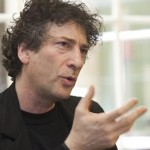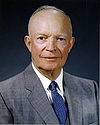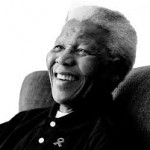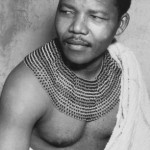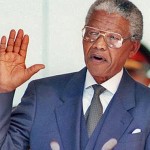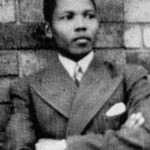A few years ago, when I read American Gods, likely at the behest of Son One, I was surprised at how much I enjoyed it. I may have waded in expecting some nifty ideas and a dumbed-down bit of guilty-pleasure genre reading, but it was much better than that. Recently, through a Twitter accident, I’ve been reading Neil Gaiman’s blog and watching some of the videos attached to it, and find him a thoroughly engaging and admirable
person. I love his simple and humble description of what he does for a living — I make things up and I write them down — and I will read more Gaiman. The quote below, on the lasting quality of the analog book form, comes from a superb speech he made in support of The Reading Agency, a British supporter of the whole wonderful business — threatened, in so-called “developing countries” everywhere — of libraries and reading and the fuelling of imagination. I think of it as his “We Have an Obligation to Imagine” speech, and it’s fine, all of it. This reluctant e-reader particularly enjoyed his defence of the non-digital book:

